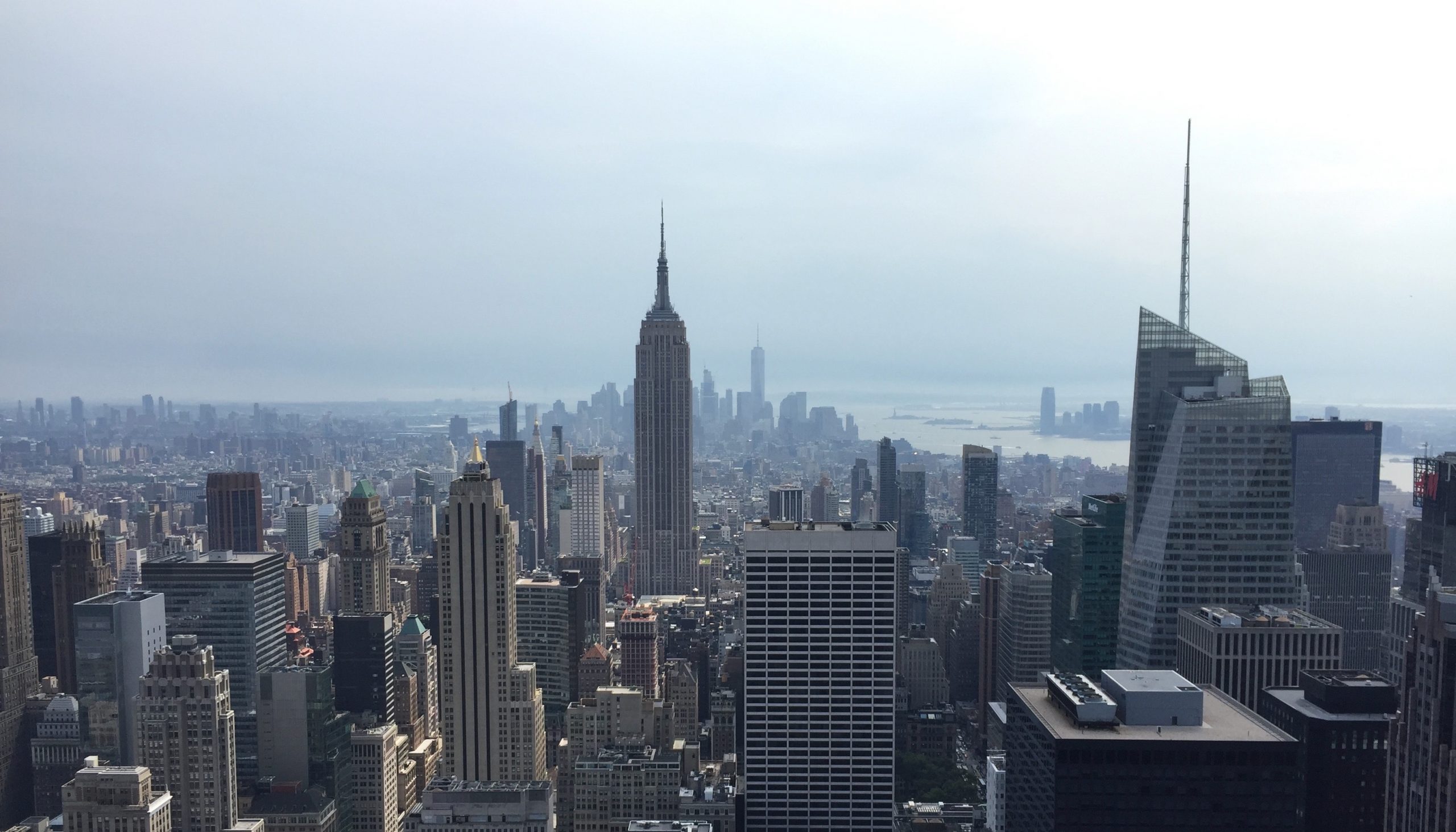The Futures Project volunteer Naomi Milstein wrote this piece to make us reflect on how the coronavirus pandemic could influence the way our urban centres are shaped. If you have thoughts on the futures we want and would like to contribute to our blog, please get in touch. We especially encourage contributions from students and recent graduates.
Almost every person on this planet has had to live with the reality that is the coronavirus pandemic. There’s another thing that most of those affected have in common – we’re urban dwellers, living stacked on top of each other in dense population centres. Cities, long seen as harbingers of economic development and success, have become danger zones in the age of corona, as a serious disadvantage to urban living has become clear – the easy proliferation of the virus in dense population centres. Many who moved to urban cultural hubs for jobs and social opportunities may now find themselves feeling trapped in small apartments. Even the most committed urban dwellers amongst us might now consider escaping into more suburban and rural areas for space and fresh air.
Will the experience of living in cities in a global pandemic prompt a reckoning with what has been often regarded as a more desirable way of living? This isn’t the city’s first experience with public health crises – dreadful conditions in New York City sweatshops in the early 20th century led to zoning and building codes, while cholera epidemics the 19th led to sewer systems. Public health crises have often been the triggers for progressive urban development, while developing cities around the world continue to face massive challenges in public health infrastructure and sanitation.
Will coronavirus lead to a rethinking of how we live and interact with our future urban environment? Will city governments and planners take “pandemic planning” into account when deciding on everything from zoning to expansion of mass transit? The ways in which we live and work seem destined to change, particularly if urban spaces are no longer seen as necessary places to centre economic activity. This seems a real possibility, as corporations may decide that sending hordes of workers into tightly-packed offices or factories no longer makes sense in terms of economics or health. This will have serious implications for everything from falling tax revenue to the expansion of infrastructure.Urban dwellers may decide they are tired of paying sky-high rents and commuting if it can be avoided and may well pick up and leave.
Cities in the Global South will see even greater challenges. Present issues including health, sanitation, and clean water will face enormous strain as a result of the pandemic. In many cities, public health facilities have not kept pace with rapidly growing populations and informal settlements. Informal economies make up the lifeblood of economic activity in Global South cities. Millions of these workers, from street vendors to market-stall owners, have seen their livelihoods disappear overnight, with no social safety net to fall back on.
It’s clear coronavirus will remain a part of our lives for months, if not years, to come. The true expanse of the pandemic’s effect on cities and urban living hasn’t been fully realized yet, but it seems almost certain to significantly shape our future cities. We can expect to see a reckoning with urbanism as we know it, as everything from a rethinking of dense living spaces to the necessity of urban public health infrastructure is reconsidered and debated anew.

